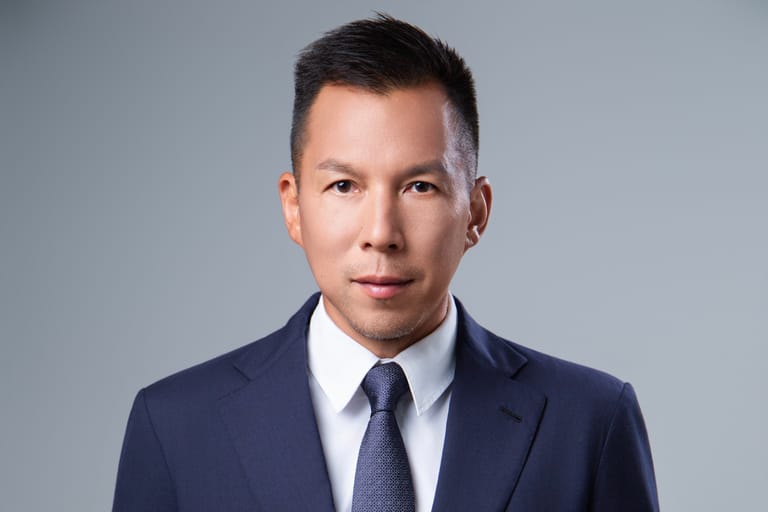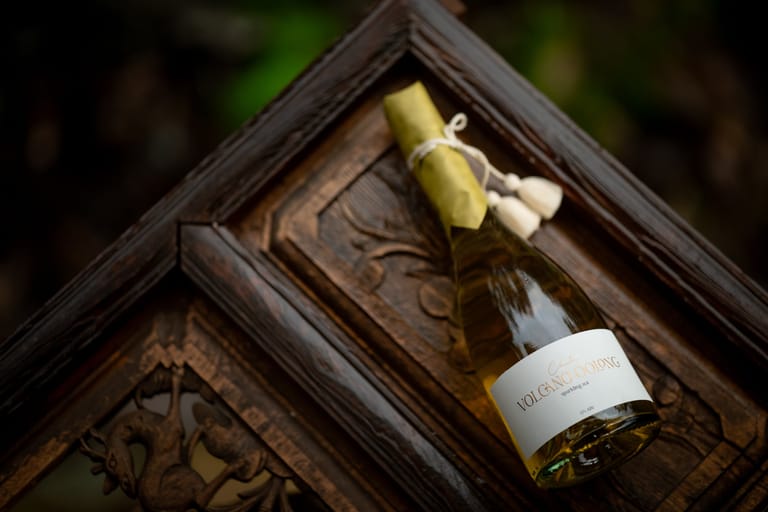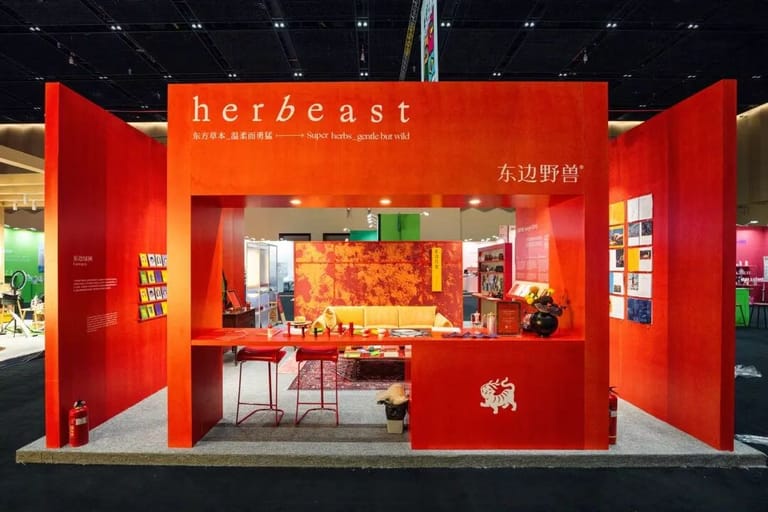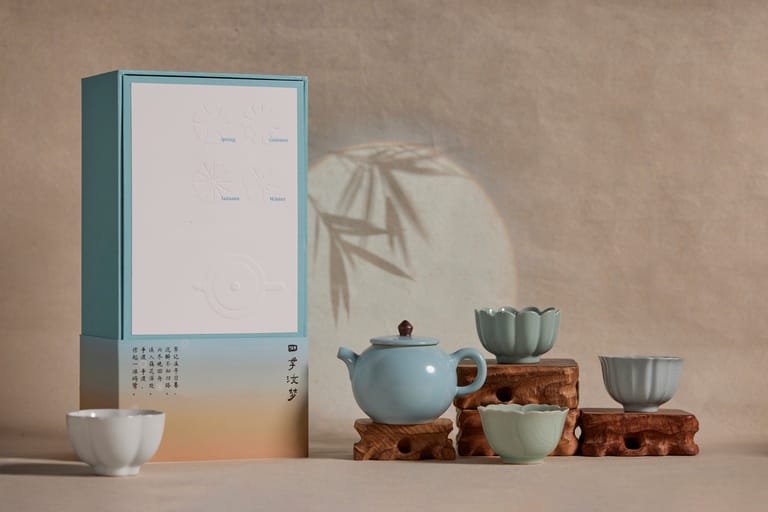How Yinxi Tea House Redefines “Third Place” and Quiet Luxury
By
Charlie Gu

Published on
October 30, 2025
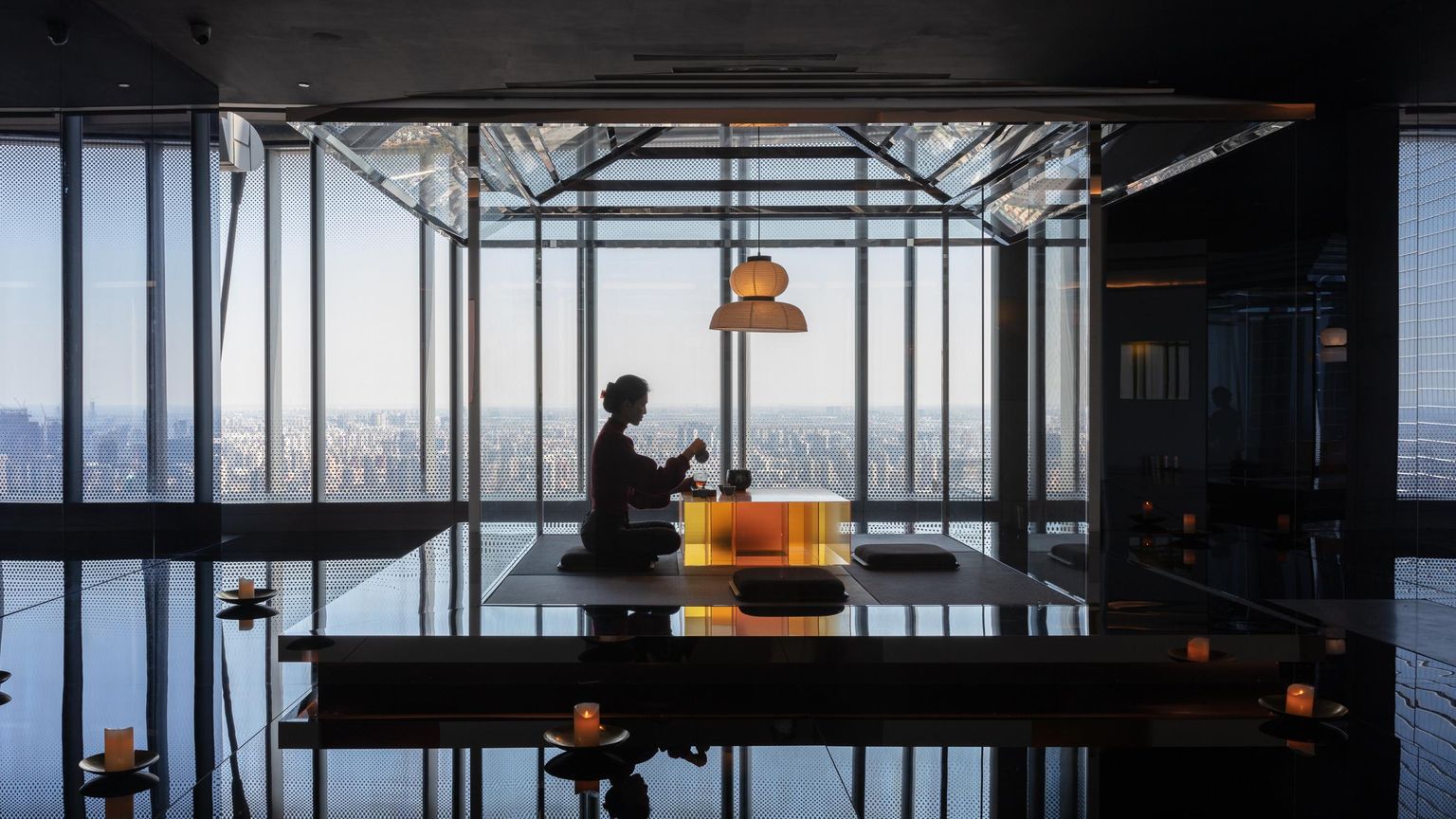
Two decades after Starbucks popularized the idea of a “third place,” the concept may have found its truest expression not in a coffeehouse but in a Chinese teahouse.
While global café chains battle for visibility and social media buzz, Yinxi tea house—founded by Yan Yujie in Shanghai—took an opposite path: creating an urban refuge where privacy, stillness, and Chinese aesthetics replace noise and speed.
In a market dominated by coffee chains and bubble-tea brands, Yinxi offers what Starbucks long promised but never fully achieved: a third place that feels genuinely personal—a private third space rooted in local culture.
Origins: A Hidden Beginning in Shanghai
Yinxi’s story didn’t begin as a startup pitch but as an everyday pain point.
“At the time,” Yan recalls, “I was working in a company and realized there was nowhere elegant to receive guests. The meeting room felt too formal, but cafés were too public.” She built a tatami-style meeting room—quiet, minimalist, inviting. It quickly became everyone’s favorite spot. “That’s when I understood many professionals need a place that’s neither business nor home,” she says.
In 2014 she opened the first Yinxi tea house on Yuqing Road, near Shanghai’s historic Wukang Building. The three-story villa hid behind a small bronze-locked door—“one-person wide,” Yan laughs, “so you feel like entering a mountain path.” Inside: soft light, water features, and the scent of osmanthus in the courtyard.
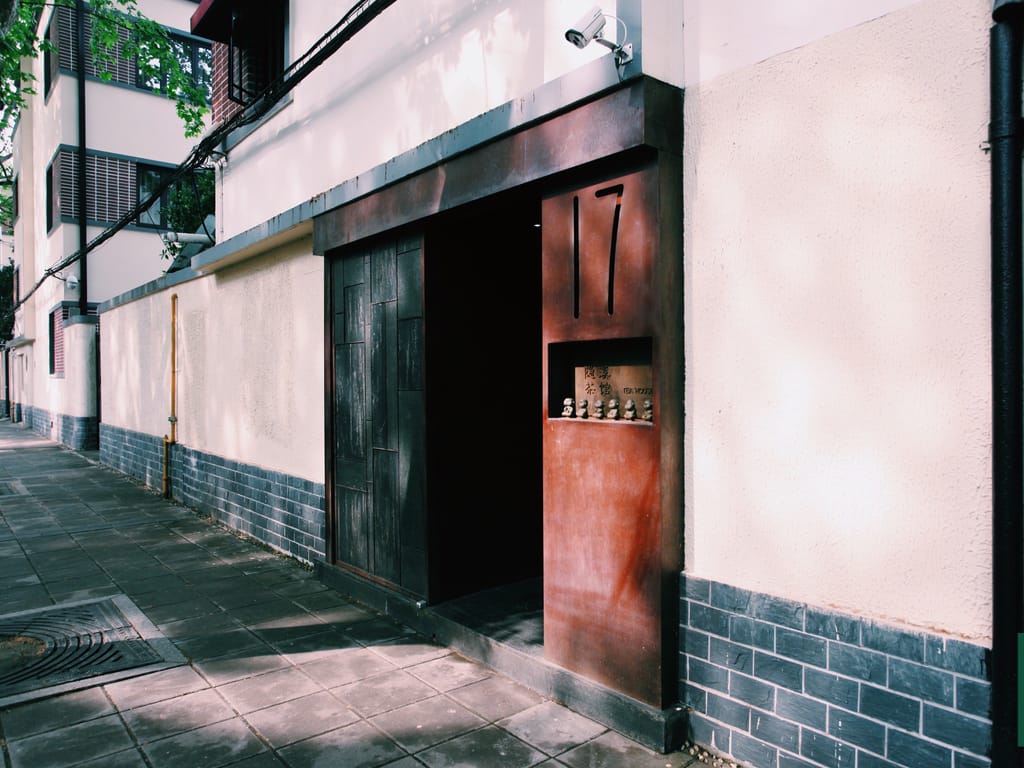
Selling Time and Space, Not Just Tea
From day one, Yan positioned Yinxi tea house as a service business, not a traditional food and beverage establishment.
“We sell time and space,” she explains. “Three hours of peace in the middle of chaos.”
Her audience sits between two extremes: neither ultra-rich club members nor budget tea drinkers, but the urban middle-upper class seeking emotional comfort and discretion.
The brand’s signature is non-intrusive service.
“Once guests enter their room, the space is entirely theirs,” she says. “Unless they ring, no one walks in. My staff must appear within three seconds—but only when asked.”
That discipline—privacy over hospitality—became Yinxi’s invisible luxury. “The higher the guest’s status, the more they value being left alone,” Yan adds.
Pandemic Acceleration and the Demand for Privacy
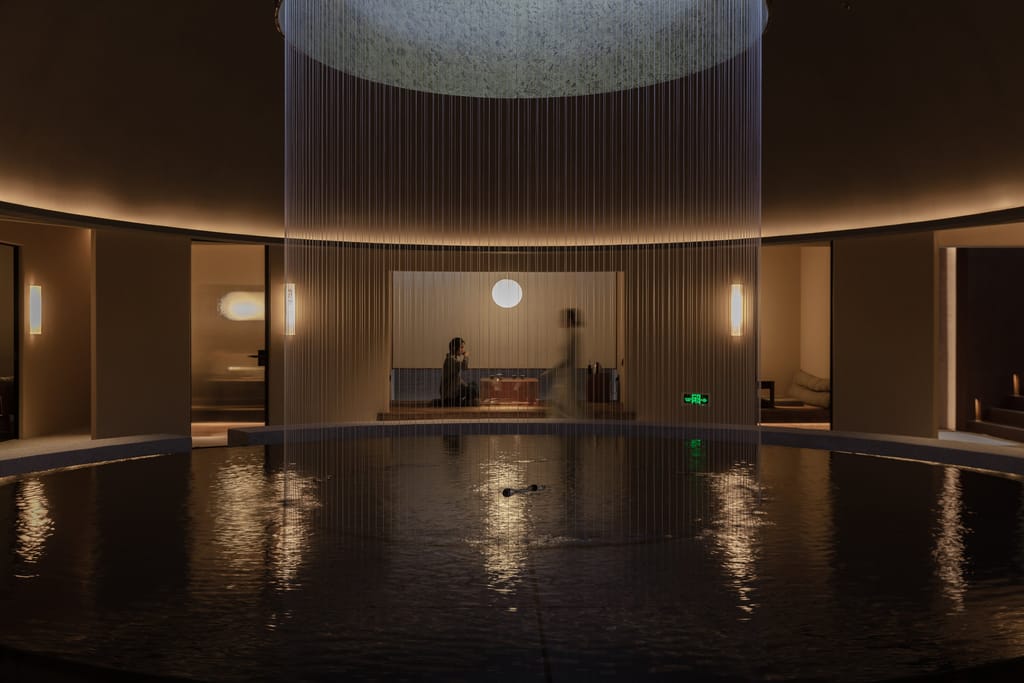
When the COVID-19 pandemic hit China in 2020, most hospitality brands suffered. And yet Yinxi thrived.
“After Wuhan reopened, people didn’t want to meet in public cafés,” Yan recalls. “Private rooms felt safe. Work had to go on, so they came to us.” In months, Yinxi grew from seven to twenty locations, each blending modern design with traditional calm. “At one point, we opened four stores in a single month,” she says.
Privacy became the new premium. What began as an aesthetic preference turned into a mainstream demand.
Beyond Tea: Expanding the Yinxi Lifestyle
For nearly a decade Yinxi sold no retail products—no tea tins, no branded merchandise.
“I didn’t want quick sales,” Yan says. “I wanted people to come back a hundred times, not once.”
But as the brand matured, guests began asking to “take Yinxi home.” That prompted a measured expansion: Yinxi Spa and a signature line of candles and incense.
“Tea and spa share the same rhythm,” Yan explains. “Both are about ritual and self-care. Many of our guests are businesspeople—they drink tea, book massages, and now bring the scent home.”
Unexpectedly, men became top buyers of the new Yinxi candles. “They store candles with us, like keeping a bottle at a bar,” she laughs. “Every time they visit, we light it for them. It gives them a sense of identity.”
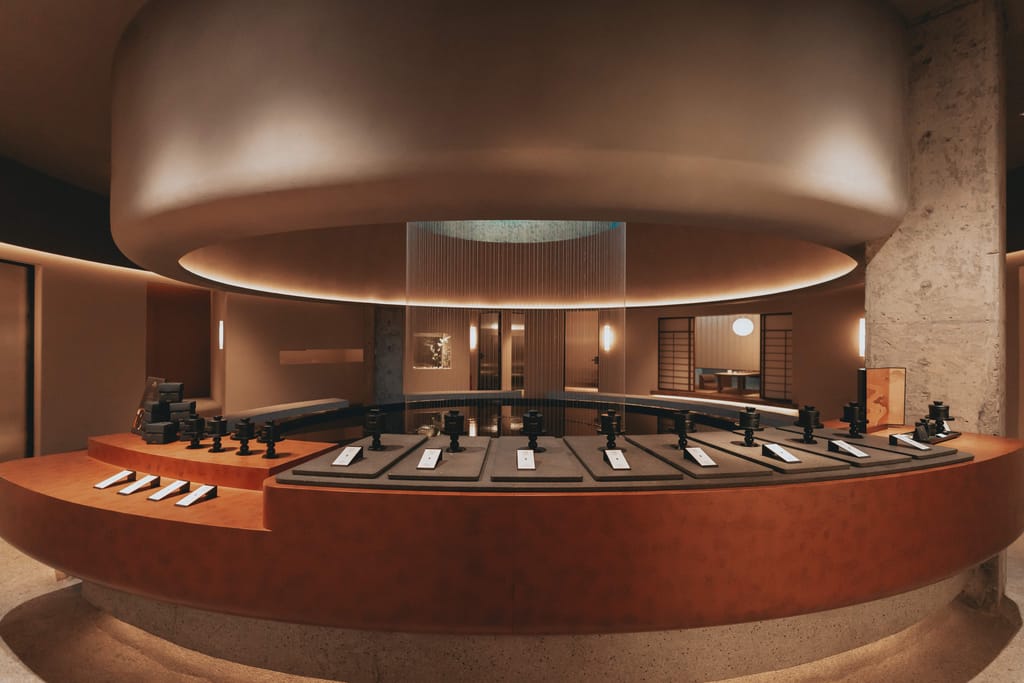
By aligning tea, wellness, and scent, Yinxi has evolved into a Chinese lifestyle brand built on emotional intimacy rather than display.
The Philosophy of “Yin” — Hidden, Not Absent
In Mandarin, yin (隐) means to hide, but for Yan Yujie it’s about presence through restraint.
“It’s not about being mysterious,” she says. “It’s about knowing when to show and when to disappear.”
This idea defines Yinxi’s design language and brand culture: soft edges, neutral tones, running water—sensory cues of quiet wealth and inner balance.
“We’re not a social club,” Yan insists. “We’re a place where people can not talk if they want. The best compliment we get is when someone says, ‘I came here to breathe.’”
Quiet Luxury, the Chinese Way
As “quiet luxury” becomes the global buzzword, Yinxi represents its Chinese interpretation—rooted in Confucian restraint and modern urban anxiety.
While Western brands equate luxury with rarity, Yinxi defines it as emotional safety: the ability to feel undisturbed in a crowded city.
“In China, people have grown tired of loud luxury,” Yan reflects. “They want calm. They want to feel safe, seen, and not disturbed.”
In this sense, Yinxi isn’t merely a tea house chain; it’s a mirror of China’s evolving middle-class psyche, where consumption meets contemplation.
“I don’t think of Yinxi as a teahouse,” Yan concludes softly. “It’s a place where people can stop moving for a while.”


